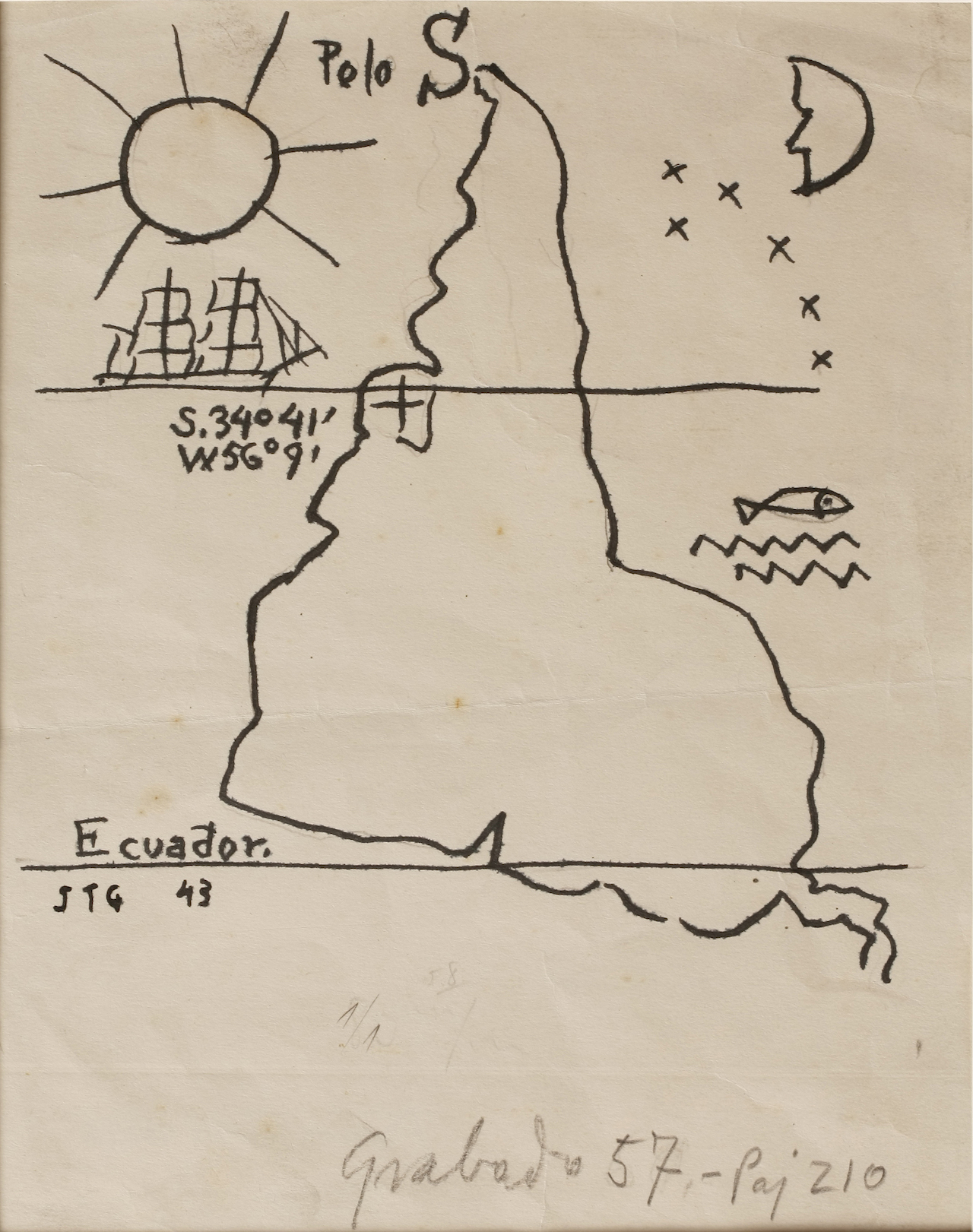The Self-Assessment Processes in Reacredited Education Careers: Trends for Curricular Change
DOI:
https://doi.org/10.14288/tci.v14i1-2.189968Keywords:
self-assessment, self-evaluation, curricular evaluation, teacher training, systematization.Abstract
The processes of self-regulation, self-assessment, accreditation and reaccreditation have been seen as an external imposition that exerts its power, directly or indirectly, over higher education institutions. Since the late 80s to 2000, Costa Rica experienced a significant increase in the supply of private higher education. The accreditation processes emerged as an initiative within the public universities. Subsequently, a few private higher education institutions became members of the Sistema Nacional de Acreditación de la Educación Superior (SINAES). The current assessment model of SINAES is rigid, its content is repetitive and leads to descritive broad reports. For these reasons, the model is under review. The systematization carried out consisted in a de-sedimentation of twenty-eight self- assessment reports of careers in the field of education that allowed to identify a set of components that have a specific relevance or "significance” for some particular careers. The significance is reflected in elements outlined such as educational research, students, missing elements or relevant aspects that are identified in their speeches. The achievements for the development of curricular changes are not there out in the field. Some problems related to unsolved situations between different actors emerge from the process or weaknesses like the lack of consensus between the entry profile and the graduation profile. Trends to curricular change are clearly identified because, in the course of time, noticeable improvements in the curriculum can be seen in the design and redesign of courses.Downloads
Published
2017-12-28
Issue
Section
Special Issue Articles


